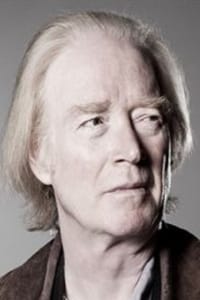Auschwitz: The Forgotten Evidence
Genres
Documentary
OverView
The Nazi extermination camps at Auschwitz in Poland were photographed in extraordinary detail from the air. By combining emotional memories of those who experienced the camp and an almost forensic analysis of the shocking process of genocide, this film evokes details of the horror of Europe's darkest hour in a uniquely compelling way.
Others
Budget
$--
Revenue
$--
Status
Released
Original Language
English
Runtime
49 mins
Rating
0/10
Release Date
01 January 2004
Country

